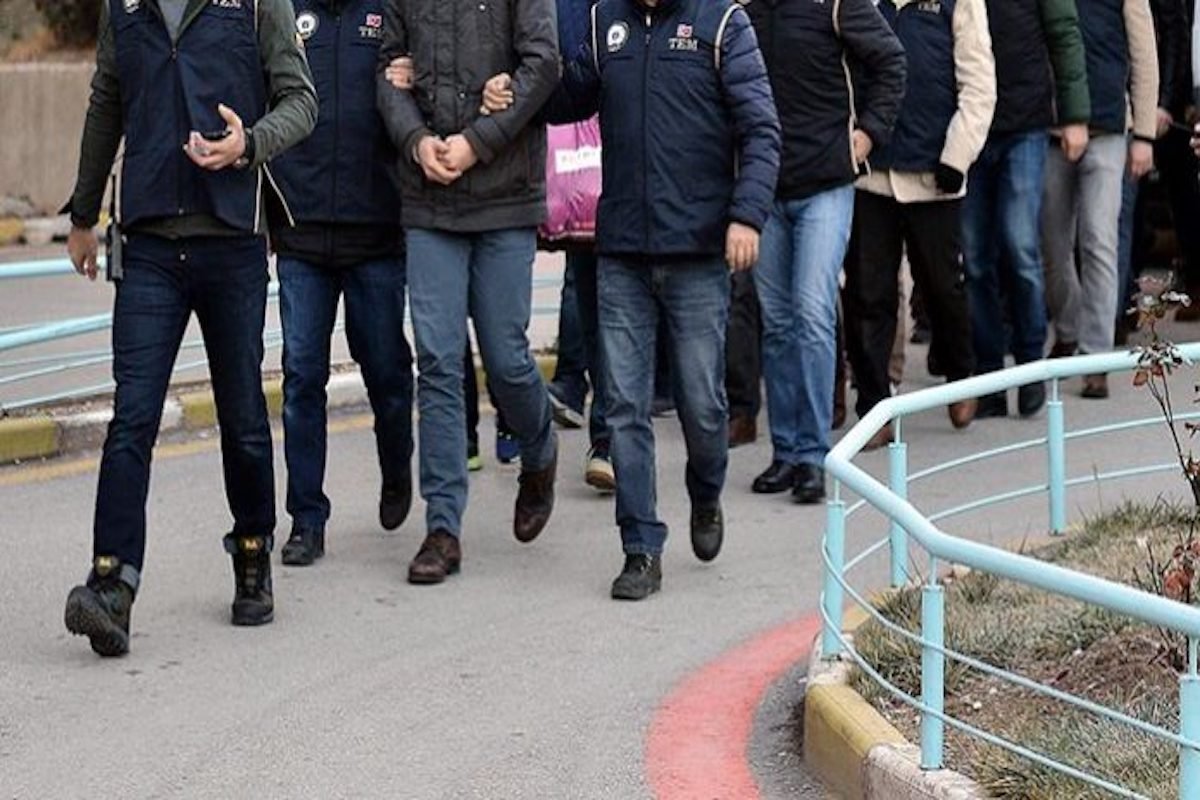Four hundred sixty inmates in Turkish prisons have doctorates and 2,371 have master’s degrees, according to the general directorate of prisons and houses of detention whose recent data on prisons were published by the Turkish media.
The large number of prisoners with advanced degrees indicates the extent of political pressure on Turkish academia, which has increased since a coup attempt on July 15, 2016.
A total of 7,316 academics were dismissed in the aftermath of the coup attempt. Professors and lecturers from nearly all universities in Turkey were targeted in the government’s post-coup crackdown. According to Human Rights Watch (HRW) the government has also interfered with academics’ work and student protests, leading to self-censorship and the hollowing out of academic freedom in the country.
“The government has carried out mass firings of academics without due process, using dubious allegations of links to terrorism or the July 2016 coup plot,” HRW said. “Together these actions are creating a climate of fear and self-censorship on campus, and breaching Turkey’s obligations under human rights law to respect and protect academic freedom and freedom of expression.”
One of the most notorious purges targeting Turkish academics involved the “Peace Academics,” 1,128 people who signed a declaration in early 2016 calling on the government to halt operations by security forces in southeastern Turkey, restore peace to the nation and return to the negotiating table to restart shelved talks to find a peaceful solution to the Kurdish issue.
The Kurdish issue, a term prevalent in Turkey’s public discourse, refers to the demand for equal rights by the country’s Kurdish population and their struggle for recognition.
The move attracted widespread criticism from the government. Many of the signatories were fired, tried and sentenced to prison or subjected to overseas travel bans.
More recently, hundreds of students were detained for participating in protests against the government’s appointment of rectors to Boğaziçi University. Several professors who were against government-appointed rectors such as Can Candan were dismissed from their jobs.
Academic and the author of several books Sedat Laçiner has been in prison since 2016 for alleged links to the Gülen movement. He was hospitalized after contracting COVID-19 in March.
The Turkish government accuses the Gülen movement, a faith-based group inspired by Muslim cleric Fethullah Gülen, of masterminding the coup attempt and labels it a terrorist organization. The movement strongly denies involvement in the coup attempt or any terrorist activity.
In a 2019 report the Turkish Statistical Institute (TurkStat) said the number of inmates with a graduate degrees increased fivefold between 2012 and 2019, from 4,000 to 20,000.
Academic freedom is protected under international human rights law and comprises both rights for individual members of academia, such as freedom of opinion, expression, association, and assembly, and autonomy for institutions, which must be free from state interference with the university’s educational mission.
The International Covenant on Economic Social and Cultural Rights, to which Turkey is a party, protects the right to education. The United Nations Committee on the Economic, Social and Cultural Rights has found the enjoyment of the right to education depends on academic freedom.
The International Covenant on Civil and Political Rights (ICCPR), to which Turkey is party, protects the rights of individuals to freedom of opinion, expression, association and assembly.
Academic freedom is also protected as part of freedom of expression under the European Convention on Human Rights, to which Turkey is a party.















